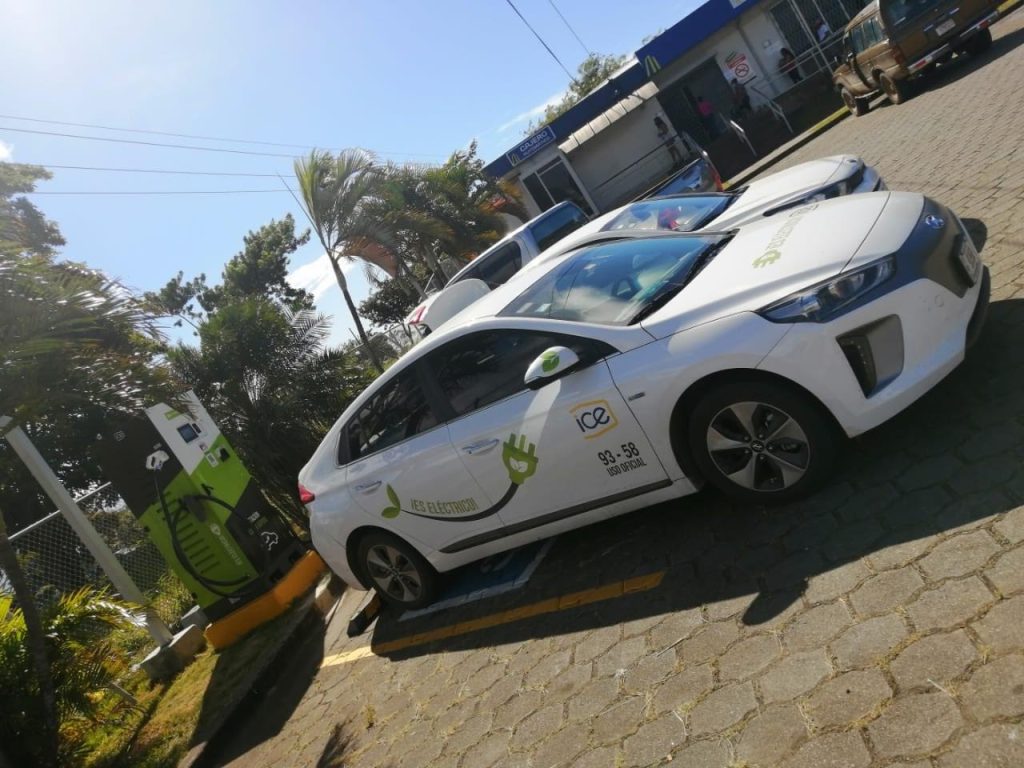In order to reduce carbon emissions, save energy and promote technological development, different institutions are betting on electromobility.
In Costa Rica, it is estimated that there are 75% savings when using residential electricity rates and 90% in hourly rates. Not to mention the significant savings in maintenance, because electric vehicles do not use oils, spark plugs, or many other parts.
In order to connect with the electric mobility efforts in the South American nation, the Banco Nacional de Costa Rica already has nine charging stations installed in its offices throughout the country.
Read also: First universal Charging Center Opens in Costa Rica
No Cost
The financial entity highlighted that the electric charging stations are enabled free of charge for customers and are located in the agencies of San Ramón, La Tropicana in Alajuela; Grecia, Cartago downtown, Laurel in Puntarenas, Santa Rosa and Tilarán in Guanacaste and Limón. Recharges are medium speed.
Additionally, Banco Nacional has a ninth station at the La Cruz agency in Guanacaste, where recharging is fast. In that location the charger is operated by the Instituto Costarricense de Electricidad (ICE), which sets the rate for charging the service.
This year the bank expects to open one more charger in San José, and in 2024 to open stations in Filadelfia and Carmona, Guanacaste; as well as in downtown Puntarenas, Palmares de Alajuela and Cariari de Limón.
Nationwide Vision
María Brenes, General Director of Institutional Relations and Sustainability of Banco Nacional pointed out that with the installation of these charging stations for electric vehicles, the aim is to generate the green route of electric mobility to connect the country from border to border and from coast to coast.
“Electromobility is a new economic and employment generation opportunity, while the country reduces local pollution and consequently improves health,” he stressed.
In Costa Rica, electromobility has taken relevance during the last years, since it allows boosting decarbonization.
In 2018, Law No. 9518 Incentives and Promotion for Electric Transportation was enacted, which offers benefits for the import and use of this type of vehicles.
In 2019, ICE acquired 100 electric vehicles to replace combustion units and thus avoid the annual emission of 350 tons of CO2. In addition, a network of chargers will be introduced for the benefit of electric car drivers to facilitate reliable travel throughout the country.




